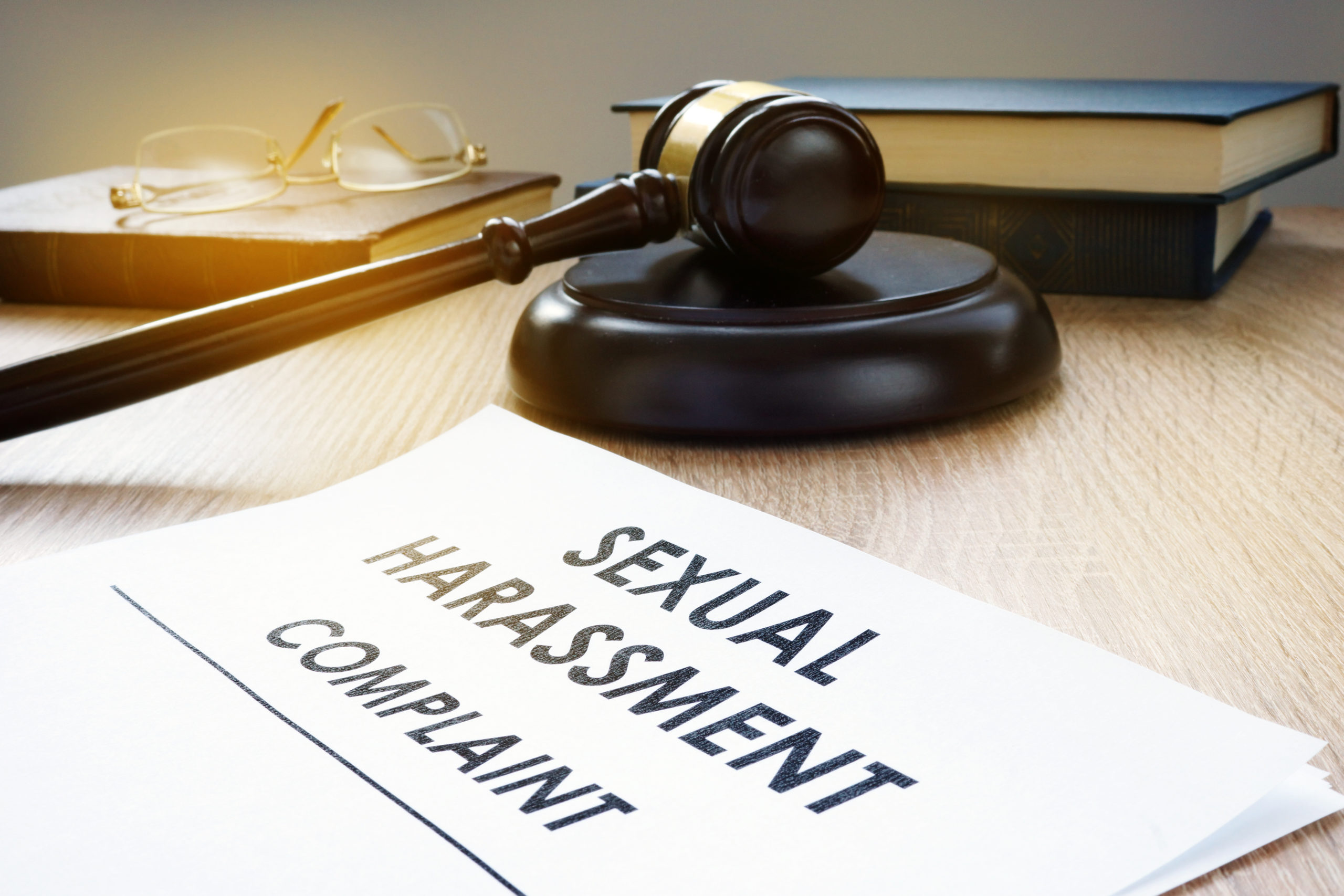
The Australian Human Rights Commission’s 2018 Sexual Harassment Survey found that 39% of Australian women and 26% of Australian men were sexually harassed at work from 2013-2018. Of the 17% of people who made a report or complaint, almost half said that nothing changed in their organisation.
In Victoria, employers have a legal obligation to ensure the health and safety of their employees, which includes taking all reasonable steps to minimise the risk of sexual harassment occurring.[1] What is ‘reasonable’ is determined on a case-by-case basis and includes what the employer knows or should know about the sexual harassment risk.
In the case of Morton v CSIRO (No 2) [2019] FCA 1754, the employer was vicariously liable for failing to comply with its own grievance procedures when dismissing a sexual harassment complaint. In this case, a Senior Manager was found to have not performed her duties with professionalism when she cut-pasted an internal Injury Management Coordinator’s response to a set of allegations and emailed them to the complainant, rather than determining what the complaint was. Addressing sexual harassment allegations in a cursory manner is unlikely to discharge an employer’s obligation to proactively manage health and safety risks.
When are informal complaint procedures appropriate?
Informal complaint procedures are usually appropriate for less serious allegations of misconduct where the person making the complaint wishes to maintain a working relationship. The emphasis is on resolution rather than substantiating a complaint. Informal actions can include a supervisor speaking to the alleged harasser on the complainant’s behalf or the complaint being resolved through conciliation or counselling of the harasser.
Employees have the right to formalise their complaint or approach at an external agency, such as the Australian Human Rights Commission, at any stage. Even where informal processes are in place, employees are not required to exhaust informal attempts at resolution before formal action consequences.[2]
When are formal complaint procedures appropriate?
Formal complaint procedures are usually appropriate for serious allegations of misconduct against a more senior member of staff where the allegations are denied, and an investigation is required. The alleged harasser must be allowed an opportunity to respond and defend themselves against the allegations. Outcomes can include disciplinary action against the harasser (such as a demotion, transfer, suspension, probation or dismissal), formal apologies and reimbursement of any costs associated with the harassment.
If you have experienced or have further questions regarding sexual harassment in the workplace, contact the lawyers at McDonald Murholme.
[1] Occupational Health and Safety Act 2004 (Vic) s 21..
[2] Australian Human Rights Commission, Effectively Preventing and Responding to Sexual Harassment: A Code of Practice for Employers (2018).